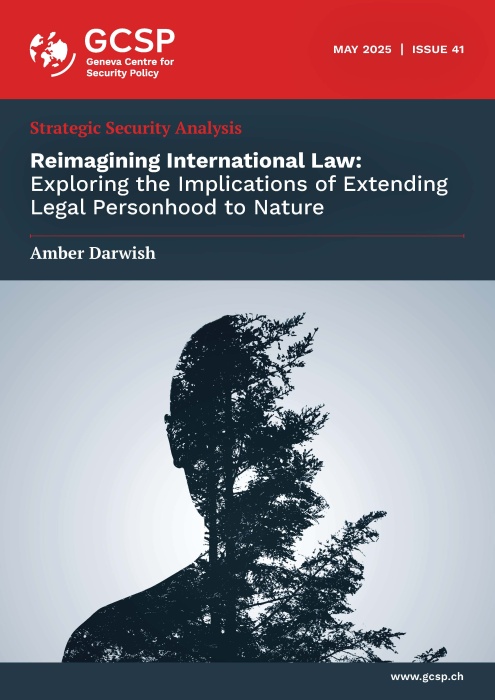Reimagining International Law: Exploring the Implications of Extending Legal Personhood to Nature
22 May 2025
Key points
- Traditional anthropocentric legal frameworks in international law are inadequate for addressing contemporary ecological crises.
- Recognising nature’s legal personhood challenges the human-centric foundations of international law and offers a transformative approach to environmental governance.
- Structural constraints – particularly state sovereignty and the limitations of sustainable development paradigms – remain major impediments to the international recognition of nature’s rights.
- Incremental measures such as soft law instruments, guardianship models and a potential study by the International Law Commission provide feasible pathways for progress.
- Advancing legal recognition for nature requires not only legal reform, but a broader normative shift in how international law conceptualises its subjects and purpose
Disclaimer: The views, information and opinions expressed in this publication are the author’s/authors’ own and do not necessarily reflect those of the GCSP or the members of its Foundation Council. The GCSP is not responsible for the accuracy of the information.


